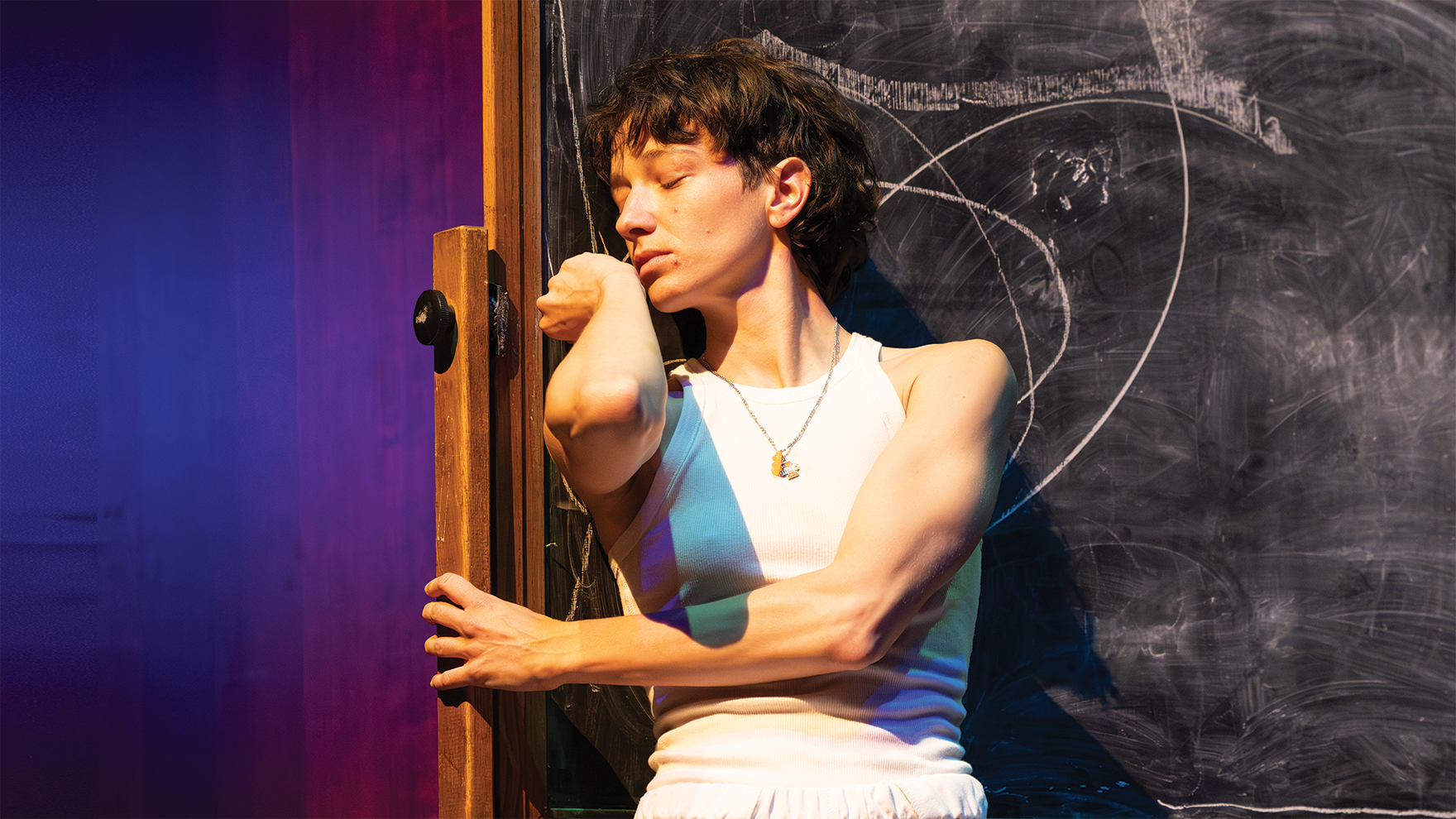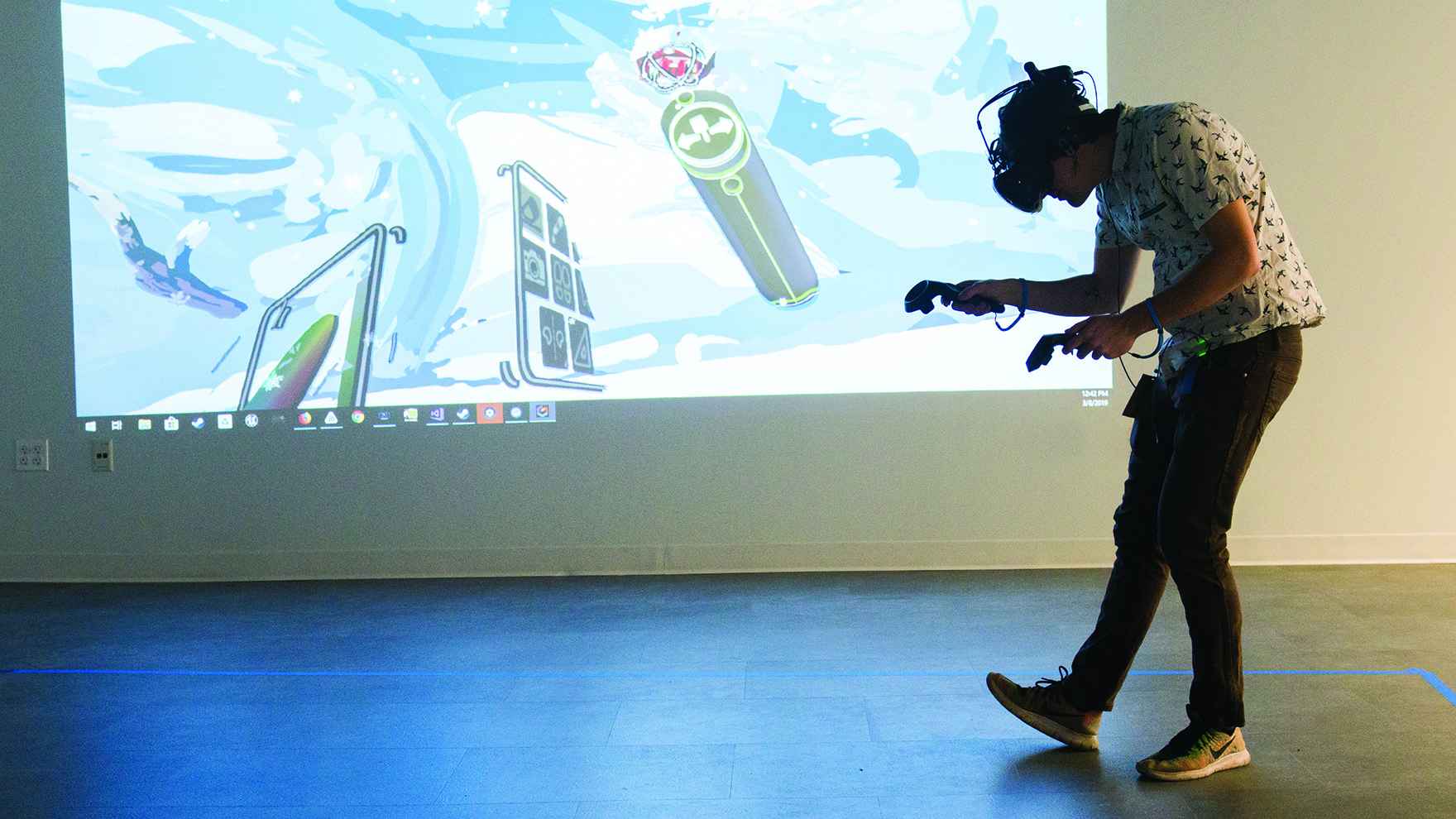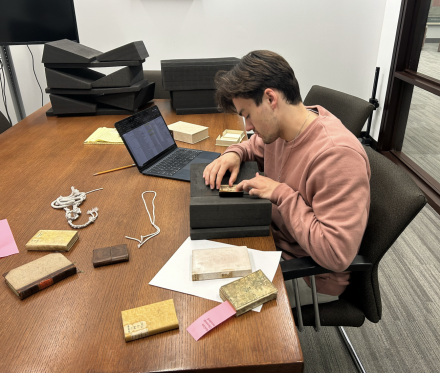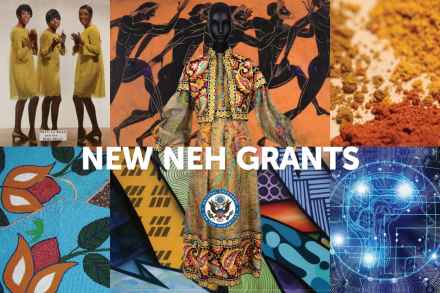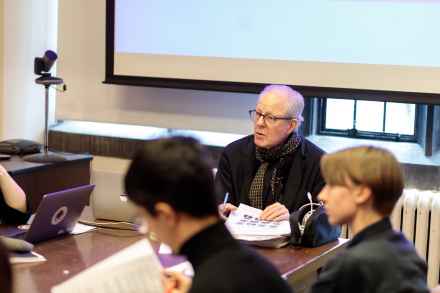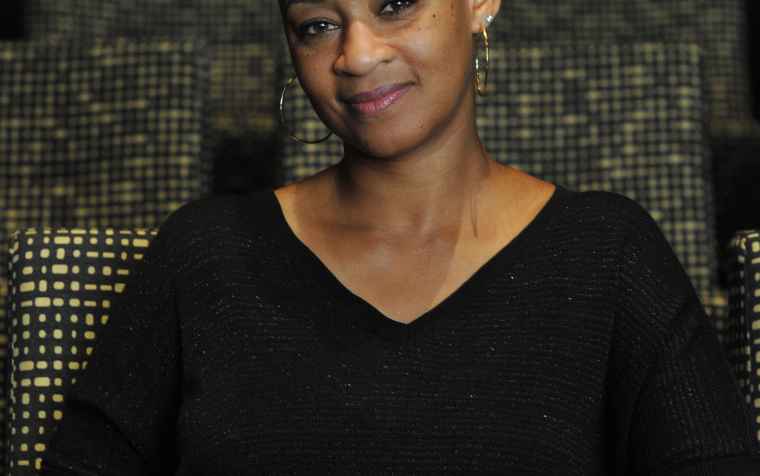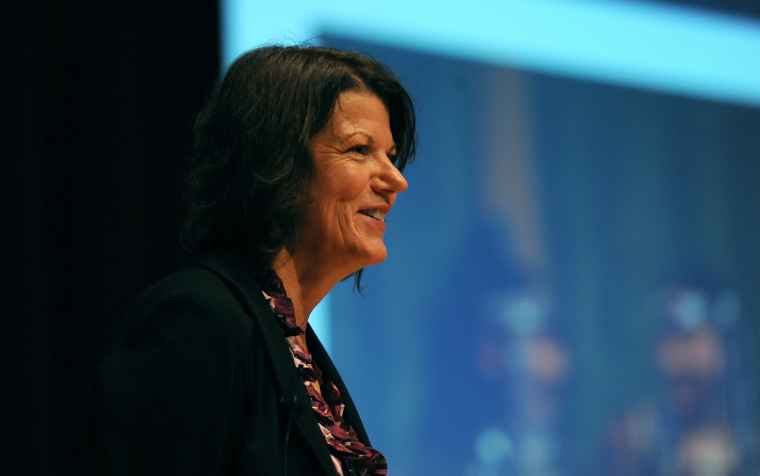Gaming Islam
The protagonist of Inkle Studio’s science-fiction adventure game Heaven’s Vault is an archaeologist by the name of Aliya Elasra who was born on the planet of Elboreth in a faraway nebula. Her name is Arabic, she wears a headscarf, and her planet looks a lot like the old quarter of an Arab Middle Eastern city. But Aliya is not Muslim and neither Islam nor any other earthly religion features in the game.
One of the central characters in Infinity Ward’s first-person shooter Call of Duty: Modern Warfare is Farah Ahmed Karim, the commander of a liberation force battling the Russian occupation of her homeland. Karim’s name is also Arabic. The chemical attack on her city, her torture in prison, even the furnishings in her family home look like they were lifted from portrayals of the Syrian war. But Karim comes from Urzikstan, a fictional Caucasus country bordering the Black Sea whose name is probably a mashup of Uzbekistan and Kyrgyzstan, neither of which have sizable Arab populations.
What do video game characters like Aliya Elasra and Farah Karim teach us about the representation of Islam and Muslims in video games and the entertainment industry more broadly? Two professors at the University of Chicago, Alireza Doostdar (Divinity School) and Ghenwa Hayek (NELC), have embarked on a collaborative multimedia initiative sponsored by the Martin Marty Center to explore these questions.
Summer Program Expands Humanistic Research
The College Summer Institute in the Arts, Humanities, and Social Sciences (CSI) provides UChicago undergraduate students with a research community and mentors like what their science, technology, engineering, and mathematics (STEM) peers experience in the laboratory. In 2023, CSI paired 23 undergraduates with faculty research mentors for its immersive nine-week summer research program. The students presented a wide range of research projects during a celebratory closing symposium on Aug. 17, 2023.
“When I started my work with the CSI this summer, I had already conducted a fair bit of research at UChicago, though never related to the field of Assyriology,” said Sarah M. Ware, a rising fourth-year student majoring in Classics and Medieval Studies. During the summer, she worked with a team of Assyriologists at the Institute for the Study of Ancient Cultures (ISAC), conducting research in preparation for their upcoming exhibition Back to School in Babylonia, which opens on Sept. 21.
“I had the rare opportunity of stepping completely outside my field and examining how those at the top of their field of Assyriology use text, media, and research archives, both differently from and similar to how I use them,” Ware said.
NEH Recognizes Three UChicago Humanities Scholars
Allyson Nadia Field is writing a transformative book about Black love in early American cinema, while Steven Rings is analyzing Bob Dylan’s overlooked musical sound. Through translation, Judith Zeitlin is capturing the literary merit of nearly 500 ghost tales written by a renowned Chinese author.
For their work, the National Endowment for the Humanities selected Field and Rings as the first Public Scholar recipients at UChicago’s Division of the Humanities to each receive $60,000 grants and Zeitlin and collaborators at the University of Wisconsin, Madison, to obtain a Scholarly Editions and Translations award of $298,954.
“These three humanities scholars are undertaking work that reverberates outside of academic circles and will enrich broader audiences,” said Deborah L. Nelson, dean of the Division of the Humanities and the Helen B. and Frank L. Sulzberger Professor of English Language and Literature and the College at UChicago.
Four Questions with Robert Morrissey
As construction continues on the University of Chicago’s John W. Boyer Center in Paris, slated to open in autumn 2024, preparations to get its operations up and running on day one are well underway.
To wit, Robert Morrissey, the original Center in Paris’s inaugural director, is knee-deep in his new role as executive director of the International Institute of Research in Paris (IIRP).
“[When planning for the first Center], we were building on a robust study abroad program that [former dean of the College] John Boyer did so much to foster,” Morrissey said. “It quickly became a place where faculty from a diverse range of disciplines could organize conferences and workshops, and where students could challenge themselves academically.”
